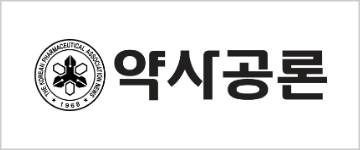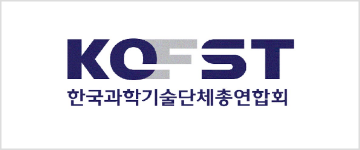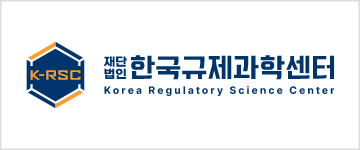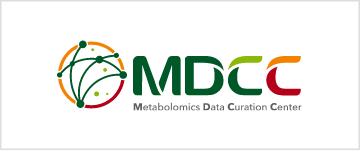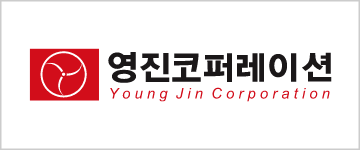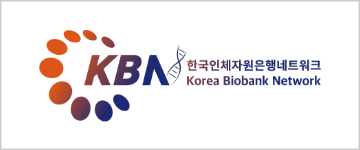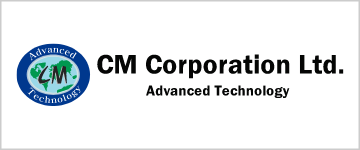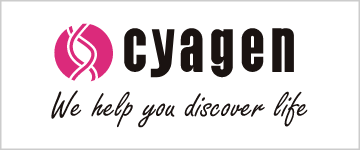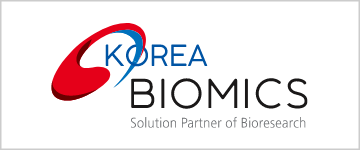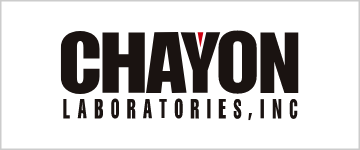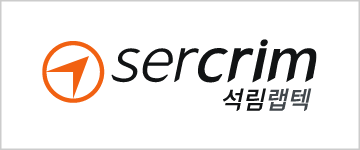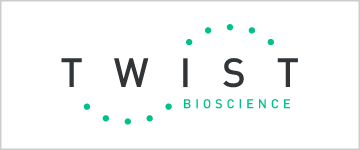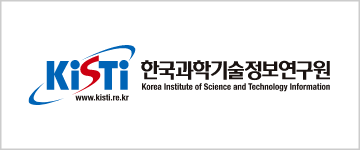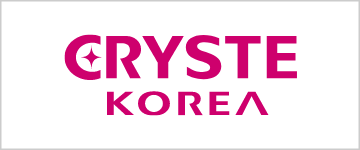2025 Fall
International Convention of PSK
2025 CONVENTION
Abstracts
Histone demethylase KDM4C confers temozolomide resistance to glioblastoma cells by epigenetically regulating E2F6
- Go Woon Kim1,2, Jung Yoo 1,2, Yu Hyun Jeon1,2, Sang Wu Lee1,2, Soo Yeon Oh1,2, So Hee Kwon*1,2
- 1College of Pharmacy, Yonsei University
- 2College of Pharmacy, Yonsei Institute of Pharmaceutical Sciences, Yonsei University
Glioblastoma (GBM) is the most aggressive and deadliest type of primary brain tumor, treated with temozolomide (TMZ) as first-line chemotherapy. However, TMZ resistance remains a critical therapeutic hurdle in GBM, often resulting in treatment failure and tumor recurrence. Here, we aimed to identify an epigenetic target to overcome TMZ resistance in GBM. We established TMZ-resistant GBM cell lines, which exhibited increased expression of resistance markers such as E2F6, ABCG2, and phosphorylated STAT3, and decreased Bax expression. Through KDM inhibitor screening with these cells, we identified KDM4C as a key therapeutic target. Pharmacological inhibition of KDM4C via SD70 significantly reduced the viability, proliferation, and stem-like properties of TMZ-resistant GBM cells. Notably, combination treatment with SD70 and TMZ showed a synergistic effect, restoring TMZ sensitivity. Mechanistically, KDM4C directly bound to the promoter of E2F6, a transcription factor associated with poor prognosis and chemoresistance in GBM. Moreover, genetic and pharmacological inhibition of KDM4C reduced E2F6 expression. Collectively, our findings reveal that KDM4C drives TMZ resistance in GBM by epigenetically upregulating E2F6, and suggest that targeting KDM4C may be a potential approach to overcome TMZ resistance in GBM.
Q&A
- There are no registered questions












